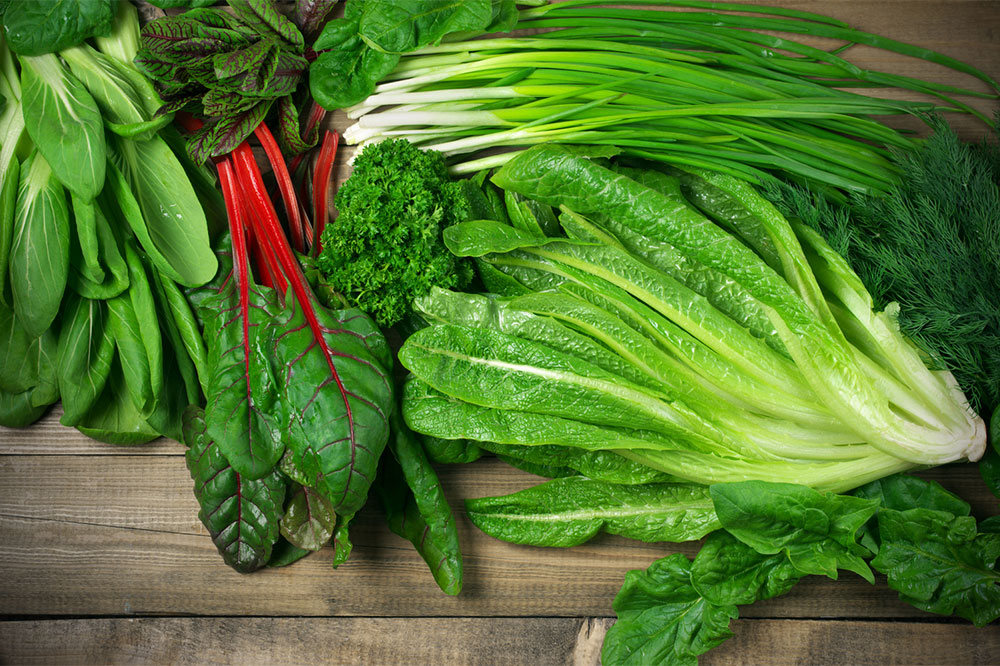Best Foods to Improve Kidney Health
The kidneys are two fist-sized organs on either side of the spine near the base of the rib cage. They carry out several tasks, but the primary function is to clean the blood of waste materials, extra water, and other contaminants stored in the bladder and eliminate them through urine. The organs also control the body’s pH, salt, and potassium levels. They also create hormones that control the synthesis of red blood cells and blood pressure.
Additionally, the kidneys activate a form of vitamin D that aids in calcium absorption for bone growth and maintaining muscular function. The overall well-being depends on sustaining kidney health.

Here are some suggestions that help maintain kidney function:
Be physically active
Manage blood sugar levels
Keep a tab on blood pressure levels
Maintain a nutritious and balanced daily meal routine
Stay hydrated
Get regular checkups to examine kidney function (High-risk category)
Best foods to improve kidney function
The kidneys balance the body’s water and electrolyte levels, significantly contributing to overall health. While some meals may improve kidney function, others may put undue strain on them. Including foods high in specific vitamins and nutrients may promote healthy kidney function and prevent injury and damage.
Dark green leaves
Kale, spinach, chard, and collard greens are a few examples of dark leafy green vegetables abundant in calcium, vitamins A and C, and other vital elements. The vitamins A, C, K, magnesium, and folate are loaded in spinach. It also contains beta-carotene, which is healthy for immune function. Consider switching the undernourished iceberg lettuce with some leafy greens.
Berry
All berries, including raspberries, blackberries, strawberries, and blueberries, are rich in fiber as well as several beneficial minerals and antioxidant components. Berries are a great source of fiber, folate, vitamin C, and manganese. Anthocyanins and ellagitannins, two different forms of phenols, are abundant in strawberries. The red hue in strawberries results from anthocyanins, potent antioxidants that assist in safeguarding bodily cell structures and stop oxidative damage. These ingredients are known for their anti-inflammatory and anti-cancer properties.
Raspberries are rich in ellagic acid, a phytonutrient that helps the body combat free radicals and stops cell damage. It has been demonstrated that the antioxidants in blueberries and other berries can prevent the development of tumors and the proliferation of cancerous cells.
Cranberries
Cranberry juice is known to prevent bladder infections. In fact, the sour berries stop bacteria from adhering to the bladder wall. The ability of cranberries to prevent heart disease and cancer has also been demonstrated. Adding dried cranberries to salads or veggie meals is a great way to up your intake of cranberries. Cranberry sauces and juices are great options too.
Sweet potatoes
They are loaded with fiber, minerals, and vitamins like potassium which may help regulate the body’s sodium levels and ease the renal strain. However, patients with CKD or on dialysis may have to limit the intake of sweet potatoes. You can switch to sweet potatoes when making french fries or mashed potatoes.
Olive oil
Polyphenols and antioxidant chemicals in olive oil help reduce inflammation and oxidation. Olive oil contains a substance called oleic acid, which has been shown to reduce inflammation. Additionally, olive oil’s monounsaturated fats shield cells from oxidation. Look for dark glass containers or tins, as these prevent oil from going rancid.
Fatty fish
Because the body cannot produce enough omega-3 fatty acids, it must be obtained through foods. These good fats can be found naturally in fish like salmon, tuna, and other cold-water oily fish. Herring, sardines, mackerel, and albacore tuna are excellent options for kidney patients.
According to the National Kidney Foundation, omega-3 fatty acids help improve blood pressure and cut harmful fat levels. Natural methods to control blood pressure may assist in safeguarding the kidneys because it’s a potential risk for renal disease.
The kidneys are crucial organs as it purifies the system to enhance overall health. Healthy and balanced meals may assist a kidney in maintaining its functions and guard against deterioration or organ failure. Patients with chronic renal disease must adhere to a strict set of meal guidelines to prevent further harm to their organs. Before making any changes in foods, it is essential to consult a qualified specialist. One can manage any kidney-related disease with timely diagnosis, treatment options, regular exercise, and healthy meal plans.

